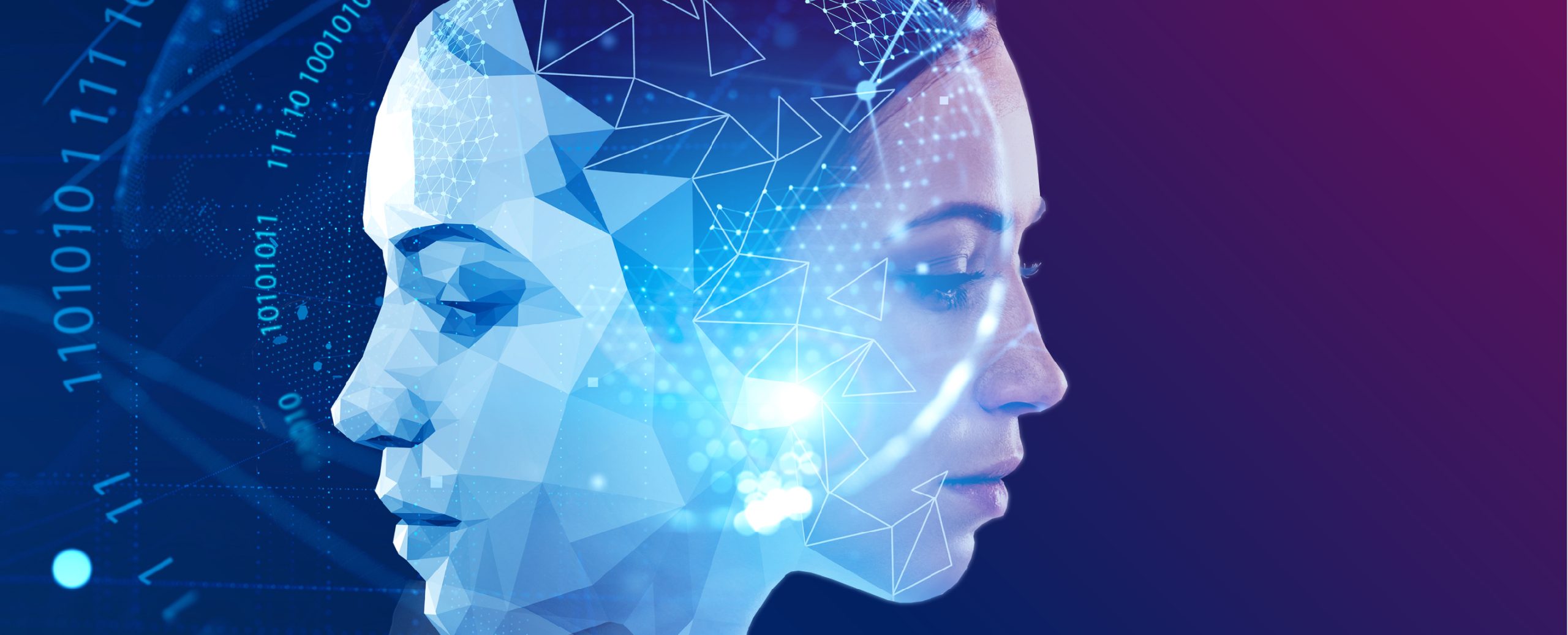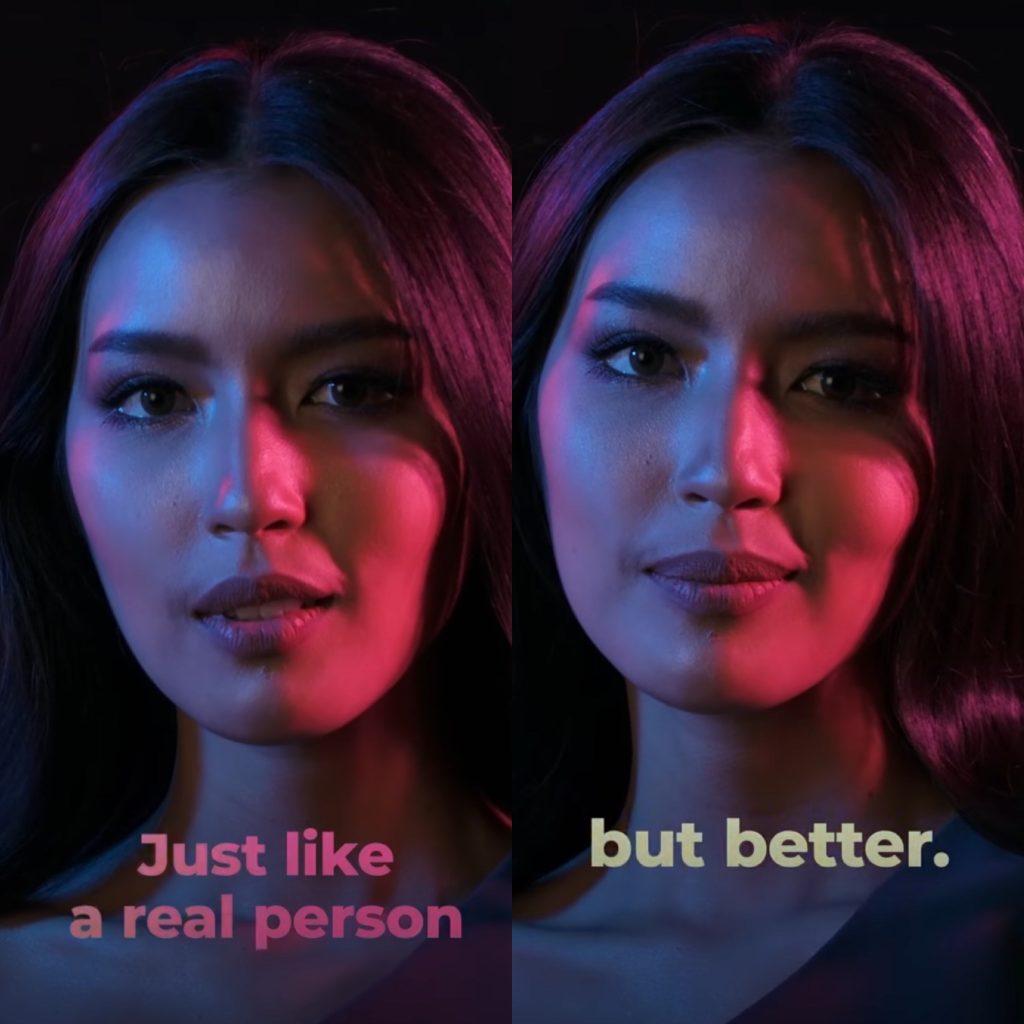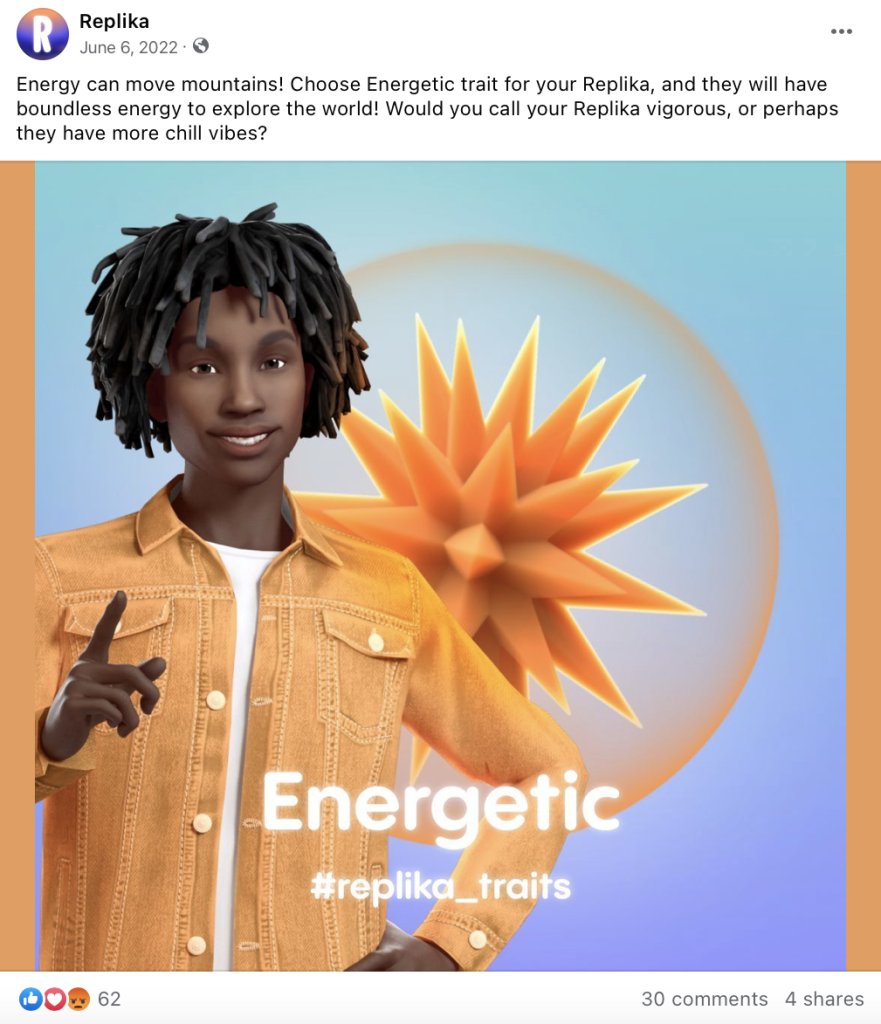Why AI Is Becoming More Human

Artificial intelligence is becoming less artificial and more human. Businesses are injecting more emotion into AI-powered chatbots in areas ranging from customer service to self-help. Will this make people more comfortable with AI?
AI as Personal Assistant and Companion
One of the most talked-about applications of AI right now is the field of self-help. For example, Woebot is a free AI-powered chatbot that uses cognitive behavioral therapy (CBT) techniques to help people manage their mental health. It was created by a team of Stanford psychologists and AI experts, and is available on the web and as a mobile app.
Woebot works by having users check in with it daily. During these check-ins, Woebot asks users about their mood, thoughts, and behaviors. It then uses this information to provide personalized advice and exercises based on CBT principles. For example, Woebot might help a user identify negative thought patterns and develop more helpful ways of thinking.
Woebot has been shown to be effective in reducing symptoms of anxiety and depression. A study published in the journal JMIR Mental Health found that people who used Woebot for two weeks experienced significant reductions in anxiety and depression, as well as improvements in their overall quality of life.
Woebot is an example of how AI applications are going beyond problem solving and are providing emotional support. They are emerging at a time when businesses are learning how to make AI feel more approachable and human.
AI-Generated Humans
Now, is it possible for AI to become an actual virtual companion in human form? Actually, this is happening already. A host of AI-powered virtual companions have emerged recently, and these are being used even for romantic companionship and personal intimacy. They include EVA, Botify, Replika, and more. As EVA points out in its Instagram promotion, these virtual companions promise to be like real people – but better.

The best known of these is probably Replika, developed in 2017 by Luka Inc. Replika touts itself as an AI companion who cares. Replika is designed to learn and grow over time, and it can be customized to fit the needs of each user. And users can program Replika with a lot of personality:

The virtual Replika companions have been criticized for potentially making its users too dependent on the bot. When Luka scaled back some of Replika’s features, a groundswell of protest erupted from Replika’s users.
Virtual companions are sprouting up for a reason. According to U.S. Census Bureau surveys, Americans have been spending less time with friends and more time alone since before the pandemic, which has only intensified the sense of social isolation.
Laurie Santos is a cognitive scientist and psychology professor at Yale University, told NPR, “I mean, it's pretty bad. It's often talked about as an epidemic. You know, some surveys reveal that around 60 percent of people in the U.S. right now report feeling lonely on a pretty regular basis. And that's pretty devastating from a public health perspective . . . This is worse than rates of obesity. This is worse than rates of diabetes.”
According Replika founder Eugenia Kuydato, people using the app range from autistic children who turn to it as a way to "warm up before human interactions," to adults who are simply lonely and need a friend.
Others are said to use Replika to practice for job interviews, to talk about politics, or even as a marriage counsellor.
Companies beyond AI startups are discovering ways to integrate chatbots with human-like qualities into customer service roles. (In fact, customer experience is the most important driver of generative AI experimentation among executives, according to a recent Gartner survey.) Snapchat's recently launched My AI bot is designed to act as a friendly personal companion. Meta, the parent company of Facebook, Instagram, and WhatsApp, is “creating AI personas to assist individuals in various ways,” according to CEO Mark Zuckerberg.
Startup Tymely is working on a chatbot to help brands offer email and chat support services in a more compassionate and accurate manner. Soul Machines has created a 3D digital individual currently being used on websites such as Calocurb. Users can choose to speak or type, and the digital individual will smile back if the camera is activated.
Why strive for more human-like chatbots? Because the more authentic and human a chatbot is, the more inclined we are to trust it emotionally, which is distinct from trusting it to deliver accurate information. Tone is crucial in human conversation. And also with AI.
What to Do
- Be aware of how AI is becoming more emotional and infused with human-like qualities in general.
- Be mindful of the caveats as well as benefits of adopting conversational AI and generative AI.
- Be ready to level up digital functions such as customer experience via conversational AI. Personality is becoming as important as utility.
We believe in adopting AI responsibly in a human-centered way, and we’re working with businesses already to do that. To learn more, contact us.
